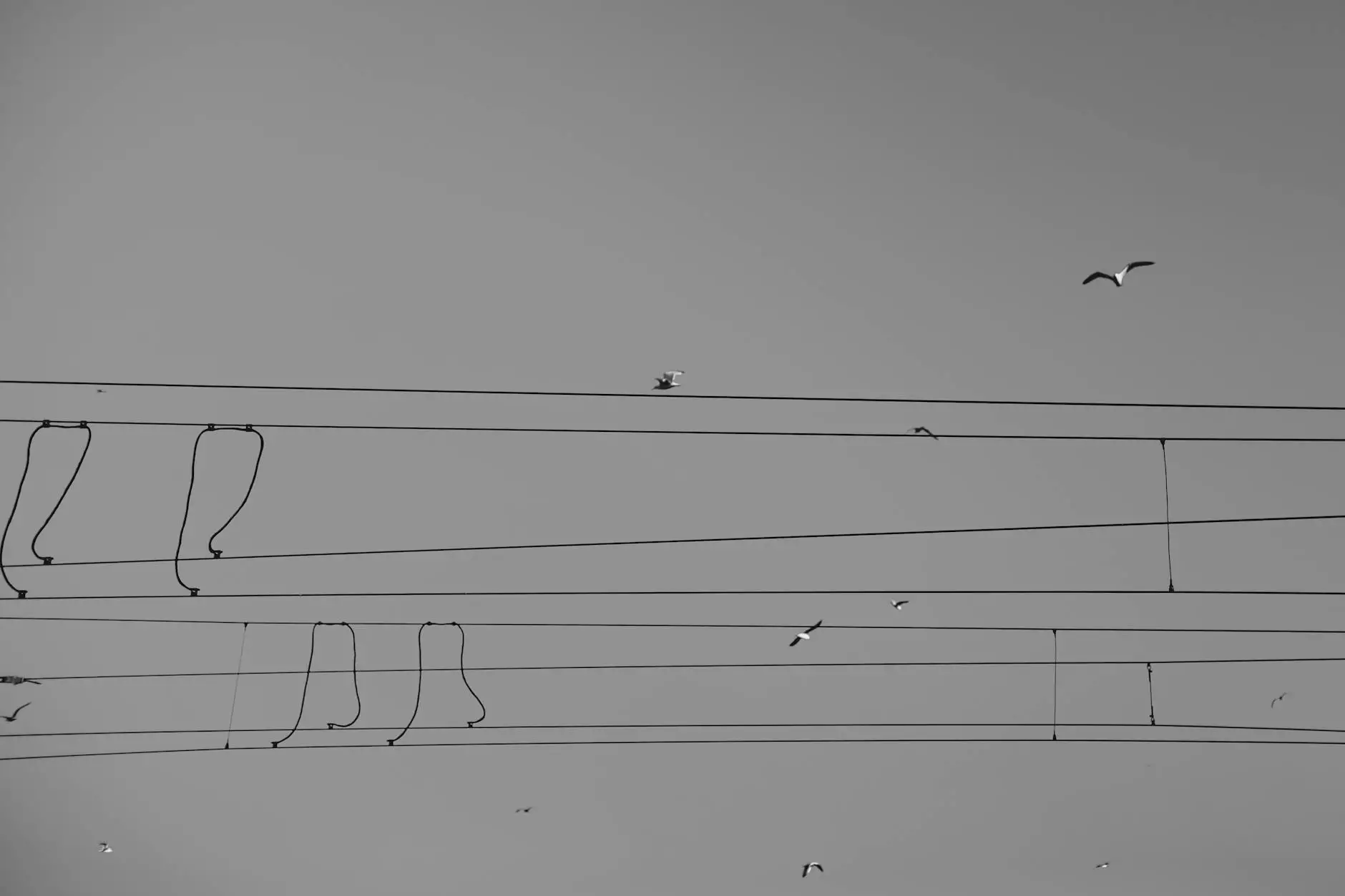Understanding TCU Transmission: Enhancing Automotive Performance

The Transmission Control Unit (TCU) is a pivotal component in modern vehicles, ensuring optimal performance and improved fuel efficiency. This intricate unit is responsible for controlling the automatic transmission, adjusting shift points, and optimizing the vehicle's overall drivability. In this article, we delve deep into the world of TCU transmissions, exploring their significance, mechanisms, and the future of automotive technology.
What is TCU Transmission?
A Transmission Control Unit (TCU) is a specialized computer that manages the operation of a vehicle's transmission system. It receives data from various sensors within the vehicle and uses this information to make real-time adjustments to the transmission's behavior. This ensures smooth gear transitions, improved fuel economy, and enhanced driving comfort.
The Importance of TCU in Automotive Technology
In the automotive sector, the role of the TCU transmission cannot be overstated. Here are some of the critical functions of a TCU:
- Real-time Data Processing: The TCU collects data from various sensors, such as throttle position, vehicle speed, and engine load, to analyze the most effective gear shift patterns.
- Enhancing Fuel Efficiency: By optimizing shift points, the TCU reduces unnecessary fuel consumption, contributing significantly to overall vehicle efficiency.
- Smooth Gear Transitions: The TCU ensures that gear shifts are seamless, improving the driving experience and reducing wear and tear on the transmission components.
The Components of TCU Transmission Systems
The TCU is part of a complex network within a vehicle's transmission system, which includes:
- Transmission Sensors: These sensors monitor various parameters such as speed, temperature, and pressure, sending vital data back to the TCU.
- Actuators: The TCU uses actuators to execute shifts in the transmission, controlling the flow of transmission fluid to engage or disengage gears.
- Control Algorithms: Advanced algorithms within the TCU process sensor data to determine the optimal timing for gear shifts, enhancing overall performance.
How Does TCU Transmission Work?
The operation of a TCU transmission is a blend of hardware and software working in harmony. Here’s a simplified breakdown of the process:
- Data Collection: Sensors collect data on vehicle performance and environmental conditions.
- Data Analysis: The TCU processes this data, using algorithms to predict the necessary adjustments for optimal performance.
- Signal Transmission: The TCU sends commands to the actuators to initiate gear shifts based on its analyses.
- Execution: The transmission shifts gears smoothly, ensuring the vehicle accelerates and decelerates effectively.
The Evolution of TCU Transmissions
TCU transmissions have come a long way. Initially, vehicles relied on mechanical systems for gear shifting, which, while effective, did not offer the same level of efficiency or comfort as modern systems. With the advent of electronic control systems, TCU technology has evolved to include:
- Adaptive Learning: Modern TCUs can learn driver behavior over time and adjust their shifting patterns accordingly.
- Integration with Advanced Driver-Assistance Systems (ADAS): TCUs can communicate with other vehicle systems to improve overall performance and enhance safety features.
- Remote Diagnostics: Many contemporary TCUs enable remote monitoring and diagnostics, allowing for proactive maintenance and troubleshooting.
The Impact on Fuel Efficiency and Performance
One of the most significant benefits of TCU transmission systems is their impact on vehicle fuel efficiency. By optimizing shift points and adapting to driving conditions, TCUs can make subtle adjustments that yield substantial fuel savings. This is crucial in today’s eco-conscious market where consumers demand more efficiency from their vehicles.
Performance Enhancements
Furthermore, TCU transmissions contribute to enhanced performance by ensuring that the engine operates within its optimal range. This reduces lag during acceleration and provides a more enjoyable driving experience.
Challenges and Limitations of TCU Technology
Despite their numerous advantages, TCU transmissions are not without challenges:
- Complexity: The integration of electronic components increases the complexity of transmission systems, which can lead to higher repair costs.
- Sensitivity to Conditions: TCUs can be affected by extreme temperatures and environmental conditions, potentially impacting their performance.
- Dependence on Sensors: If sensors fail, the TCU’s ability to optimize transmission performance is compromised, leading to suboptimal vehicle operation.
Maintaining Your TCU Transmission
Proper maintenance of your TCU transmission is vital for ensuring longevity and optimal performance. Here are some essential tips:
- Regular Fluid Checks: Ensure that the transmission fluid levels are optimal and replace the fluid at manufacturer's recommended intervals.
- Schedule Diagnostics: Regular diagnostic checks can detect issues before they escalate, especially sensor and electrical problems.
- Observe Driving Habits: Smooth driving habits can significantly reduce strain on the TCU and prolong its life.
Future Trends in TCU Transmission Technology
The future of TCU transmission technology is undoubtedly exciting. As automotive technology progresses, we can expect to see:
- Greater Automation: Increased automation in TCU systems will likely enhance vehicle adaptability to various driving conditions.
- Integration with Electric Vehicles (EVs): As the market shifts toward electric vehicles, TCU technology will evolve to meet the unique needs of EV drive systems.
- Advanced Connectivity: The rise of IoT (Internet of Things) technologies will allow TCUs to connect seamlessly with other systems, enhancing data sharing and vehicle intelligence.
Conclusion
TCU transmission technology represents a significant advancement in automotive engineering, playing a crucial role in improving vehicle performance, fuel efficiency, and driver experience. As car manufacturers continue to innovate, we can expect these systems to become even more sophisticated, bringing us closer to a future of smarter, more efficient vehicles. For all your automotive needs and to explore a range of quality auto parts, visit shenghaiautoparts.com today!









